Organizational Project Management: PPMP20009 Weekly Portfolio
VerifiedAdded on 2023/06/14
|5
|993
|324
Portfolio
AI Summary
This weekly portfolio delves into various aspects of project management methodologies, focusing on organizational project management (OPM) and factors influencing project success. It emphasizes aligning project, program, and portfolio practices with organizational strategies, tailoring project management practices to specific contexts, and leveraging OPM to achieve competitive advantages. The portfolio identifies key benefits of OPM, such as effective operations, increased productivity, and improved market competitiveness. It explores tailoring project management approaches to fit project needs and predicting project success based on factors like schedule, scope, budget, and customer satisfaction. Furthermore, the document discusses best practices in project activities, including the use of life cycle phases, standardization, and integrated project teams. The analysis also highlights challenges such as ineffective planning and scheduling, as well as personnel performance and policy problems. The document concludes with a bibliography of relevant project management resources. Desklib offers a vast collection of similar assignments and study tools to aid students in their academic journey.
1 out of 5
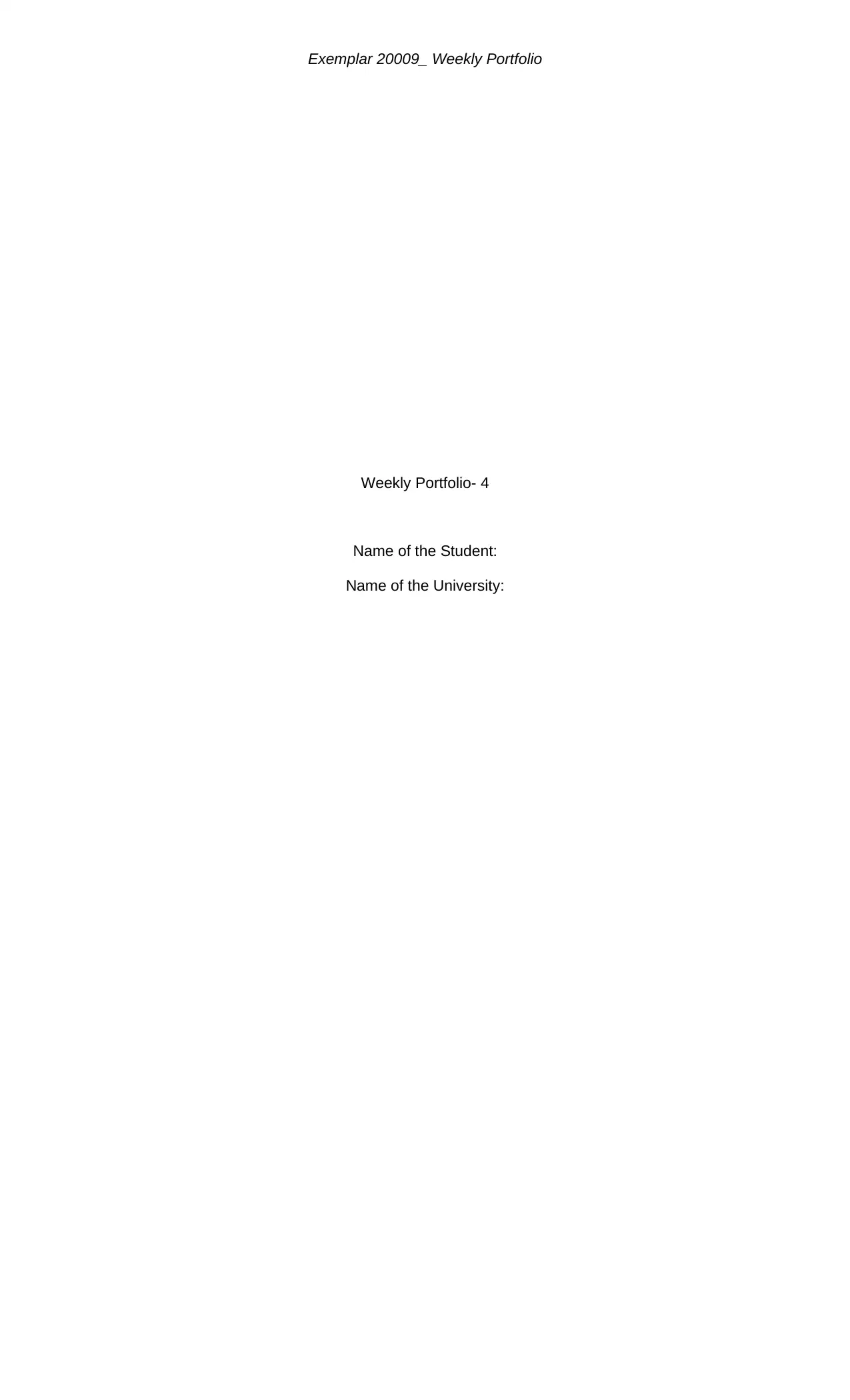
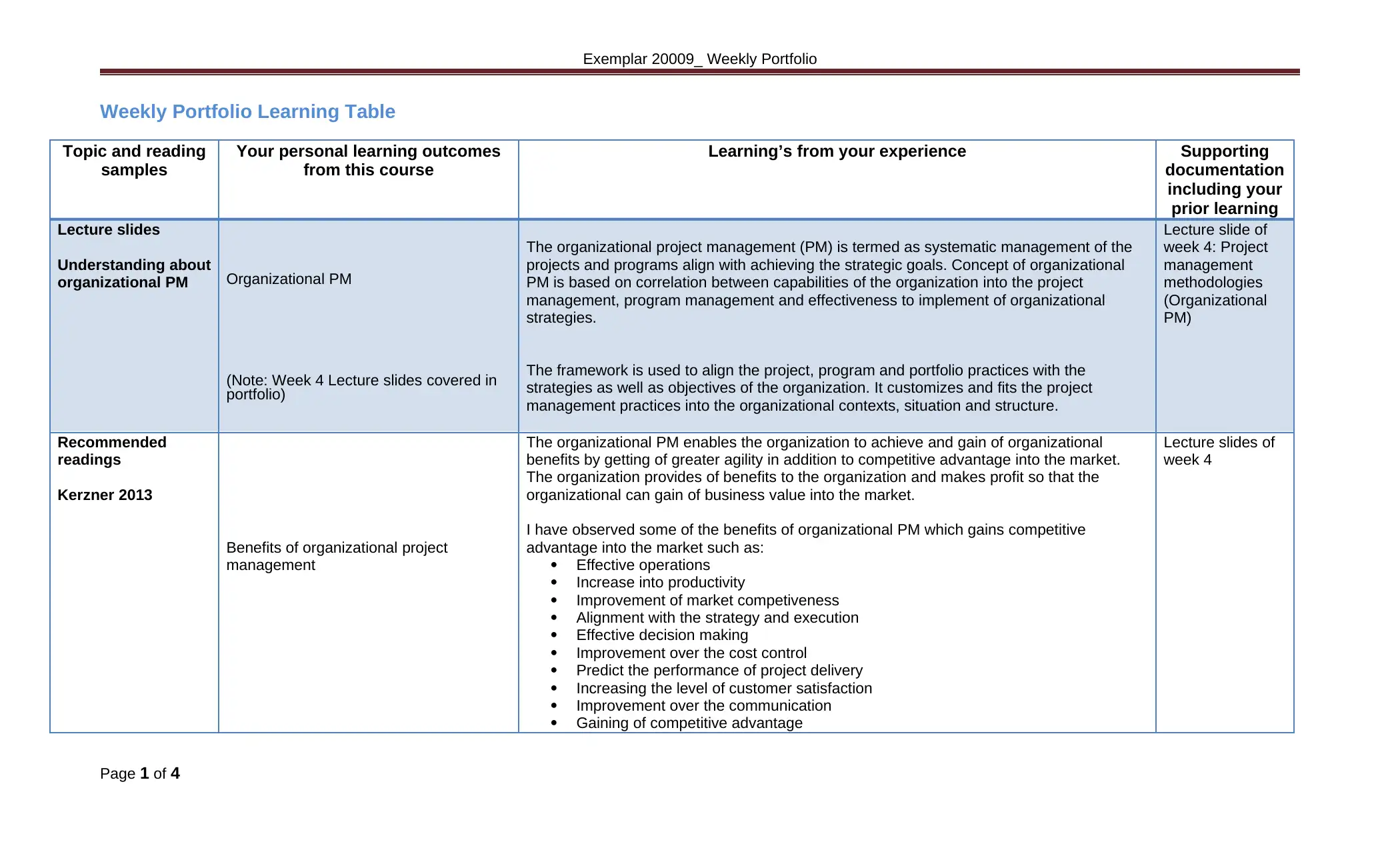
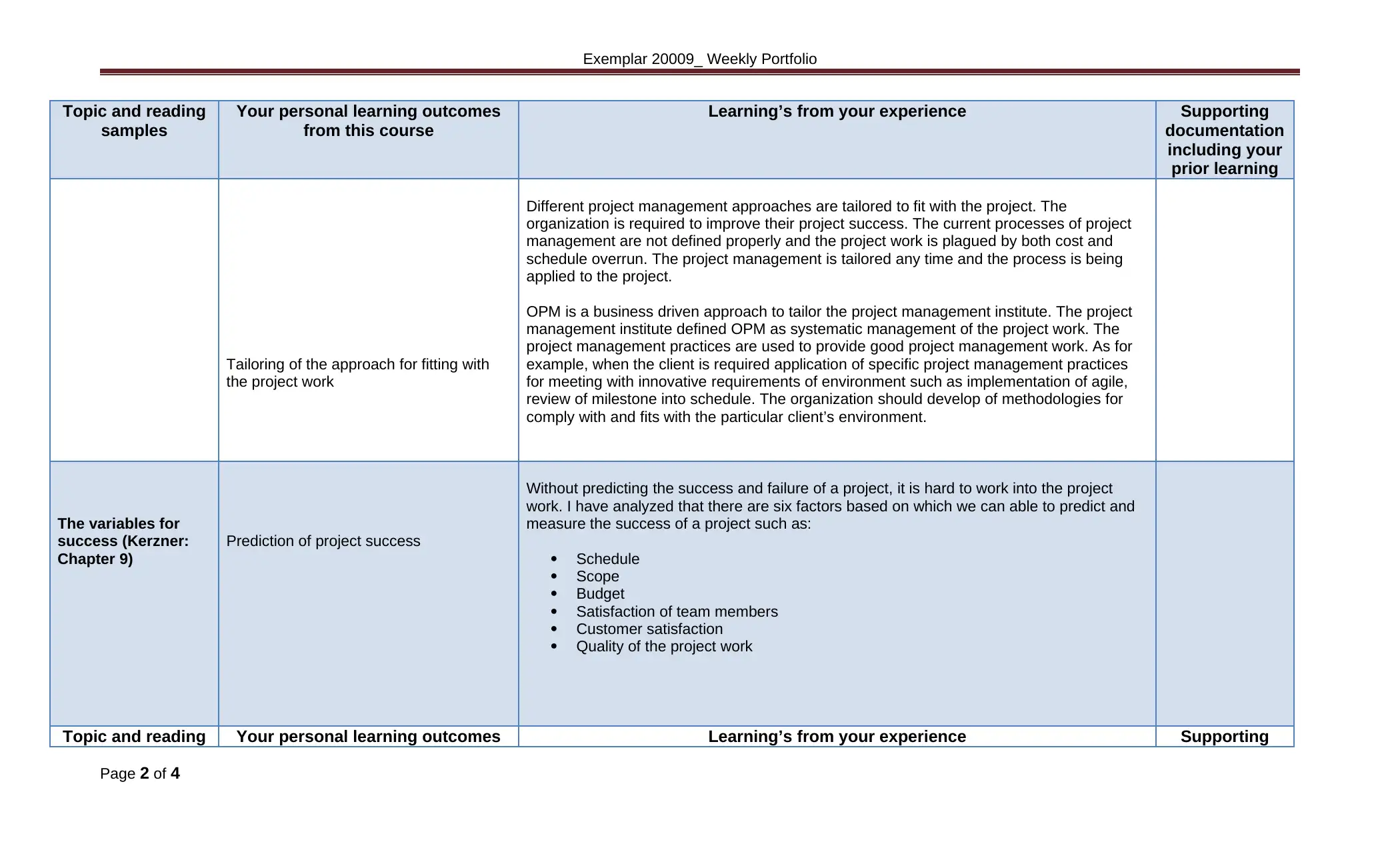

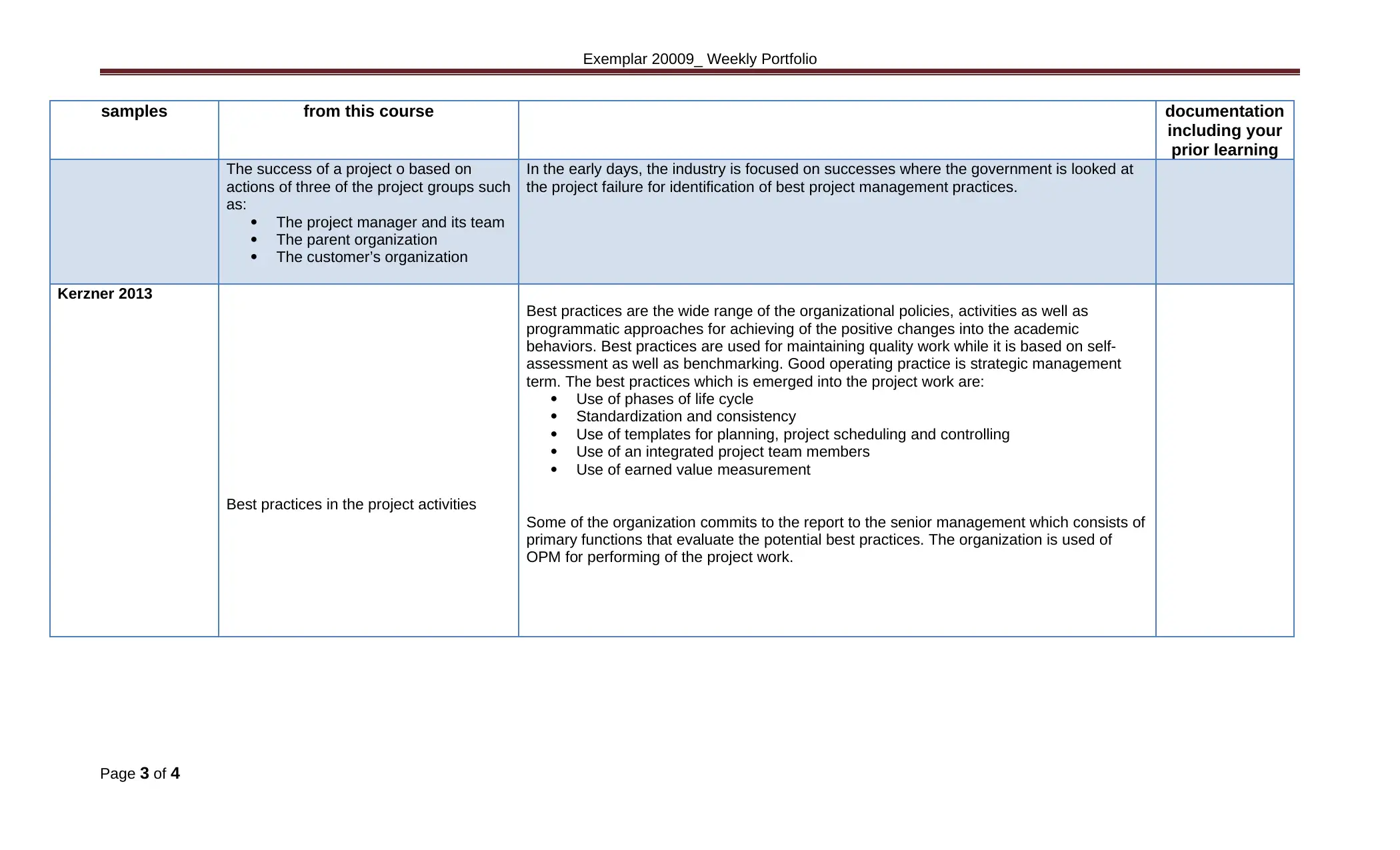
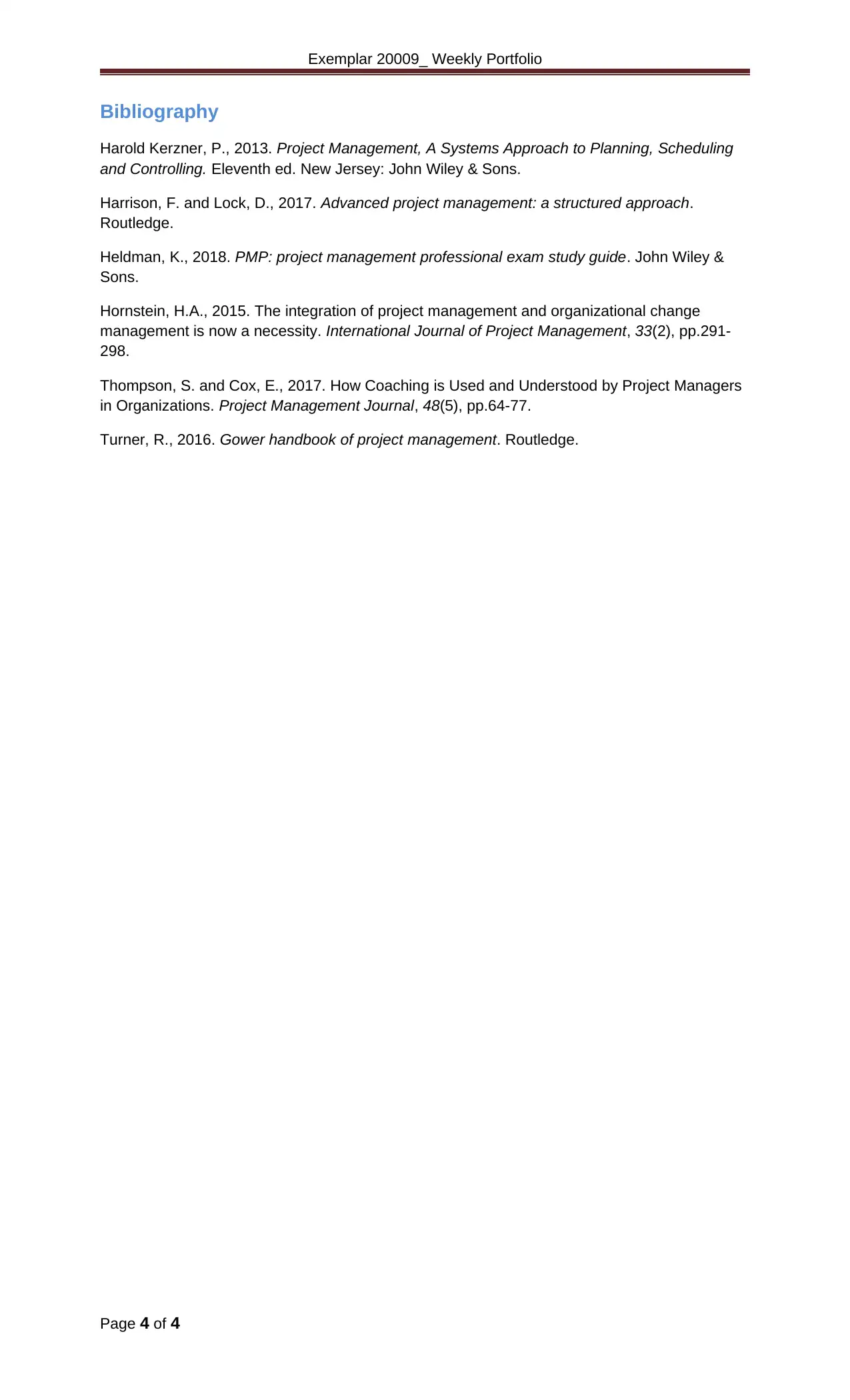




![[object Object]](/_next/static/media/star-bottom.7253800d.svg)